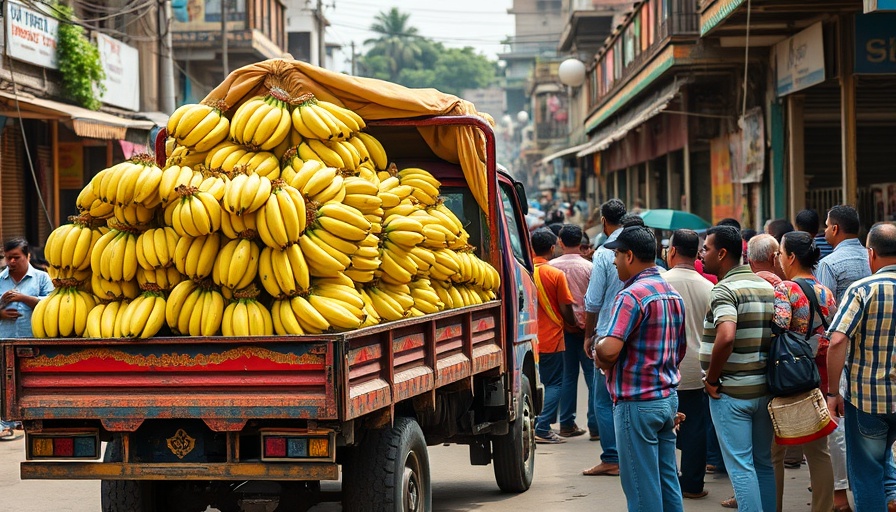
Leveraging Geography for Economic Growth
In a world increasingly defined by digital connectivity and regional cooperation, the recent United Nations conference in Awaza, Turkmenistan, sheds light on the promising paths ahead for landlocked economies. Representing over 570 million people from 32 nations, this summit under the auspices of UN Trade and Development (UNCTAD) highlighted how these countries can transform their geographical limitations into substantial economic opportunities.
The Case for Regional Integration
As urged by UNCTAD's Secretary-General, Rebeca Grynspan, effective regional integration is not merely a strategy; it's a necessity. By fostering collaboration between neighboring nations, landlocked countries can streamline logistics and enhance their trade capabilities. Consider the success of the Northern Corridor in East Africa, where transit times for goods have been cut dramatically from three days to just three hours. This improvement significantly boosts the competitiveness of producers in the region.
Harnessing Digital Innovations
Moreover, the potential of digital transformation stands out as a critical factor. In an age where e-commerce and online platforms redefine trade dynamics, embracing technology can provide landlocked nations with new pathways to bypass traditional geographical challenges. With targeted investments in digital readiness, these economies can better position themselves within global supply chains.
From Challenges to Opportunities
Despite the persistent systemic barriers—such as high transport costs that exceed the global average by 50%—landlocked nations need not resign themselves to their geographic fates. With the right mix of policies and international partnerships, they can emerge as essential regional hubs rather than remain sidelined players in the global marketplace.
In conclusion, the discourse from the UNCTAD summit inspires a sense of optimism about the future of landlocked countries. These nations can indeed turn their geographic disadvantages into strategic advantages through cooperation and innovation.
 Add Row
Add Row  Add
Add 




Write A Comment